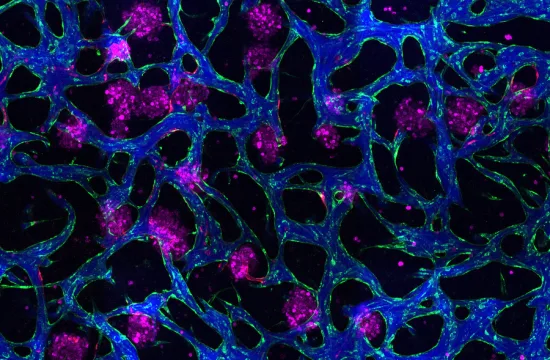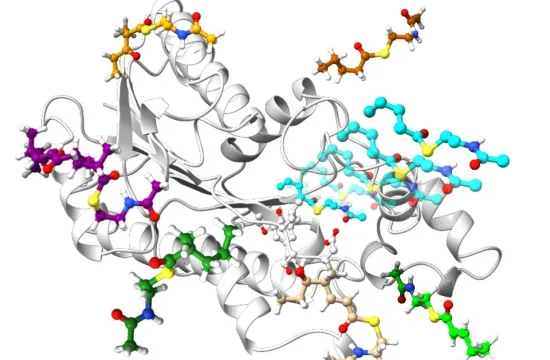 Drug makers are getting closer to making effective migraine treatments.
Drug makers are getting closer to making effective migraine treatments.
A new report in The Wall Street Journal (WSJ) explained several pharmaceutical firms “are in the late stages of testing a new class of migraine drug.”
The therapies attack a chemical called calcitonin gene-related peptide (CGRP), which is a protein found in nerves and embedded in blood vessels. Studies have shown CGRP can signal pain when the chemical enters the blood stream or appears between nerves, but can also serve as a migraine trigger too in certain patients.
Companies like Teva and Eli Lilly are exploring monoclonal antibody injections as a viable treatment route. This class of drugs could safely target CGRP without causing dangerous side effects in the liver, according to WSJ.
[pullquote]Companies like Teva and Eli Lilly are exploring monoclonal antibody injections as a viable treatment route. [/pullquote]
Both firms are in late-stage trials. Teva’s candidate demonstrated efficacy against chronic and episodic headaches, but Eli Lilly’s migraine drug has shown promise in treating a rare conditioncalled cluster headaches.
WSJ added that regulatory approval for these antibodies is projected to happen in 2018 as long as these drugs continue to show a high safety profile in clinical tests.
A refined treatment for migraines would be a huge help for patients.
An estimated 36 million Americans suffer from the disorder. Patients either avoid life-style triggers like skipping meals or opt for ibuprofen or triptan drugs, which can lead to rebound headaches or side effects like fatigue.






